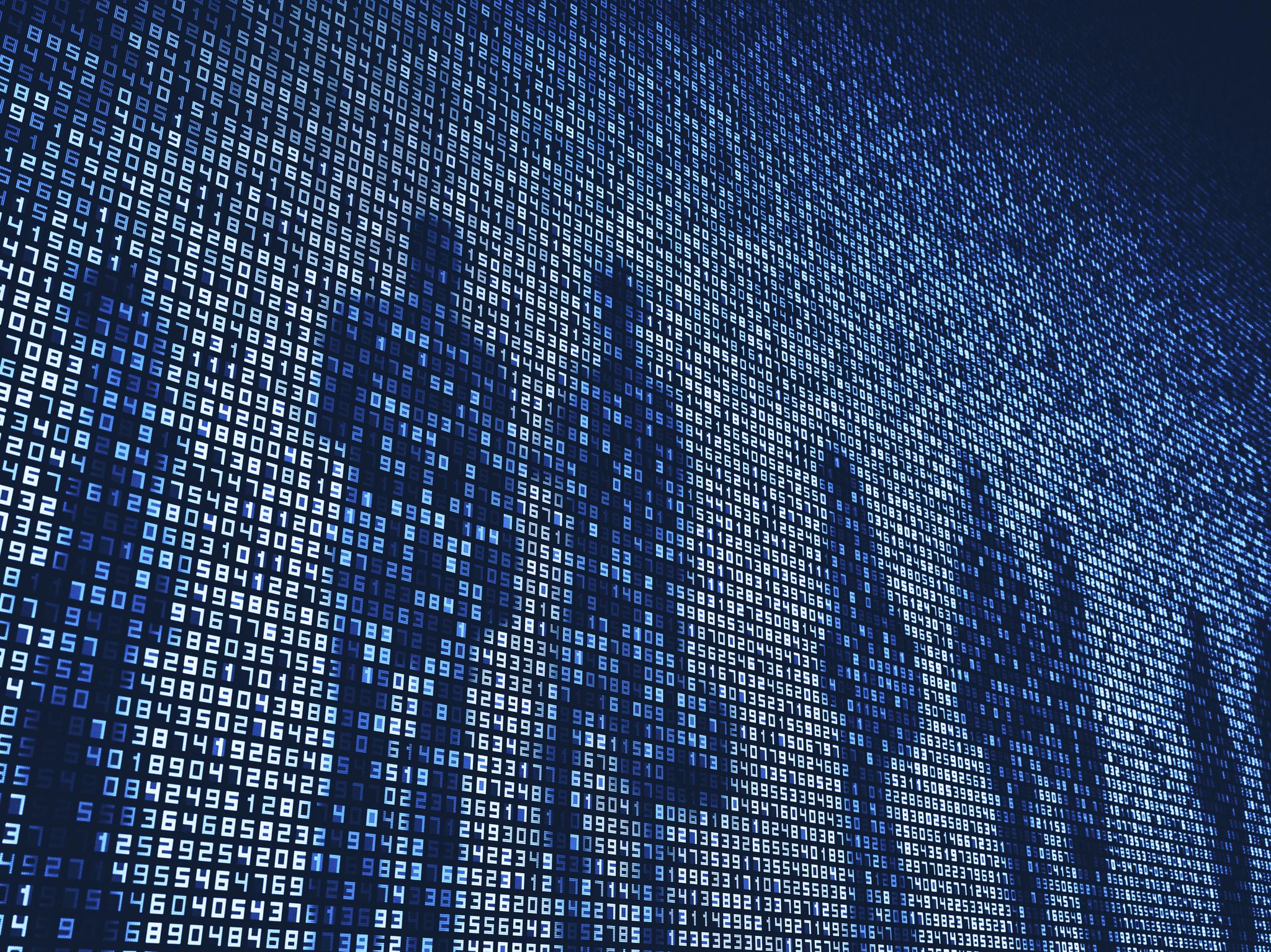Computational Propaganda: Bots, Targeting, And The Future
Computational propaganda was invented by people who realized the possibilities emerging from the intersection of new technologies and behaviors they create — and it's frightening, says Adam Frank.
by Adam Frank
Feb 09, 2018
4 minutes

A long time ago, when I was working on my Ph.D. research, I learned to use supercomputers to track the complex 3-D motions of gas blown into space by dying stars.
Using big computers in this way was still new to lots of researchers in my field and I was often asked, "How do you know your models are right?"
Now, a few decades later, hyper-large-scale is so common in astrophysics that no one asks me that question anymore. Machines are so fast, and so powerful, that everyone takes it as a given they can be deployed to drive my
You’re reading a preview, subscribe to read more.
Start your free 30 days



